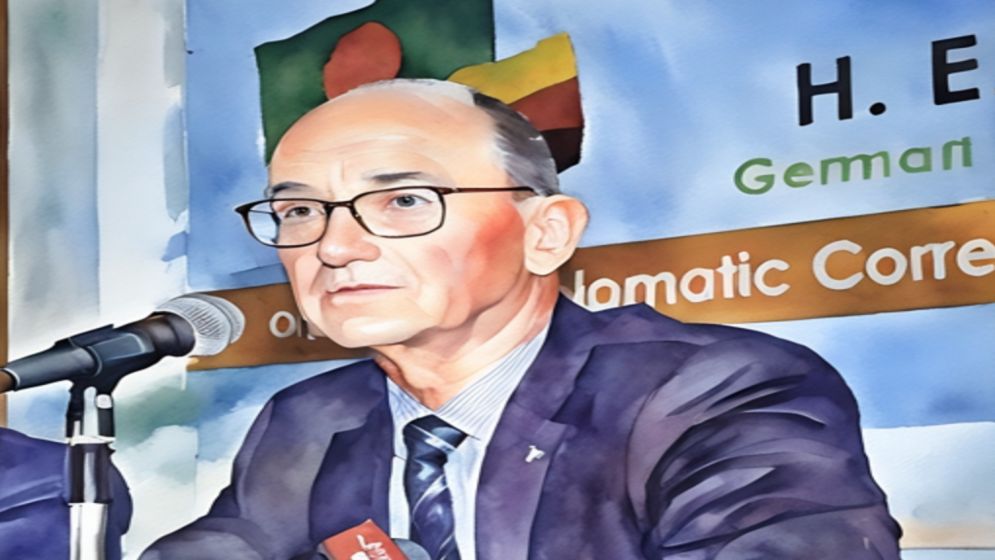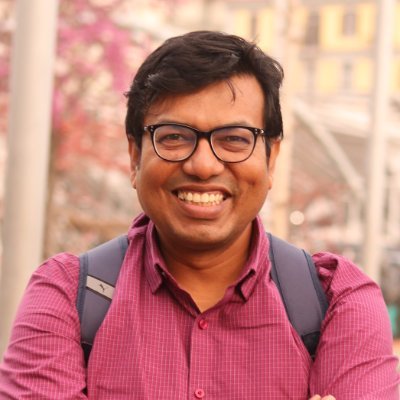Germany calls for independent investigation into student protest deaths

Germany is calling for a “thorough and independent investigation” into the more than two hundred deaths during the ongoing student protests, and for all those responsible to be held accountable.
"The phrase 'Germany stands by Bangladesh' signifies that Germany is deeply concerned about the Bangladeshi people and is committed to human rights,” German Ambassador to Bangladesh Achim Tröster told Bangla Outlook after his meeting with Prime Minister Sheikh Hasina at Ganabhaban on Tuesday.
“Germany seeks a comprehensive and independent investigation into the killings, with all perpetrators brought to justice," said the ambassador.
According to the state-owned news agency Bangladesh Sangbad Sangstha, Prime Minister Sheikh Hasina announced that foreign technical assistance will be sought for the judicial inquiry committee formed by the government.
This step is aimed at ensuring a fair and high-quality investigation into the quota reform movement.
"We will incorporate foreign technical assistance into the judicial inquiry committee to ensure it is thorough, high-quality, and up to standard," she said, as reported by her Press Secretary Md Nayeemul Islam Khan.
The government has established the Judicial Inquiry Committee, led by High Court Justice Khandaker Diliruzzaman, to investigate all the deaths related to the quota reform movement in the country.
During the meeting, the Prime Minister reportedly mentioned that Bangladesh has been in contact with the United Nations to seek assistance for the inquiry.
However, media reports indicate that the inquiry's scope is limited to the six deaths that occurred on July 16.
Continued assistance from Germany
Following the meeting, the BSS reported that the German Ambassador affirmed his country's continued support for Bangladesh.
Germany, which has a long-standing relationship with Bangladesh, will maintain this partnership, the Ambassador added.
The meeting was attended by Ambassador-at-Large Mohammad Ziauddin, the Prime Minister's Principal Secretary Md Tofazzel Hossain Miah, and Senior Secretary of the Foreign Ministry Masud Bin Momen.
According to the German Foreign Office, Germany was one of the first European countries to recognize Bangladesh’s independence from Pakistan in 1972, establishing diplomatic relations and becoming a key export market and reliable donor for Bangladesh.
German development cooperation priorities with Bangladesh include climate and energy, good governance, displacement and migration, vocational education and training, and sustainable supply chains.
Germany also provides humanitarian aid to support the Rohingya who have fled Myanmar. Politically, Germany is advocating for a sustainable resolution in Bangladesh until conditions allow for the safe, voluntary, and dignified return of the Rohingya to Myanmar.
Germany is a major export market for Bangladesh, with the two countries’ bilateral trade volume reaching approximately 11 billion euros in 2022 and continuing to grow.
Over 90 percent of Bangladeshi exports to Germany consist of textiles, though deep-frozen foodstuffs and leather products are also exported. Bangladesh imports machinery, chemical products, and electrical goods from Germany.
In recent years, the number of Bangladeshi students at German universities has steadily increased, and interest in learning German as a foreign language is growing in Bangladesh.
The German Academic Exchange Service (DAAD) and other organizations offer numerous scholarships to students and young researchers each year to foster academic exchange between the two countries, with many scholarship recipients joining alumni associations.
Germany and Bangladesh regularly engage in bilateral discussions on the rule of law, democracy, and human rights, as noted by the German Foreign Office.
—-

